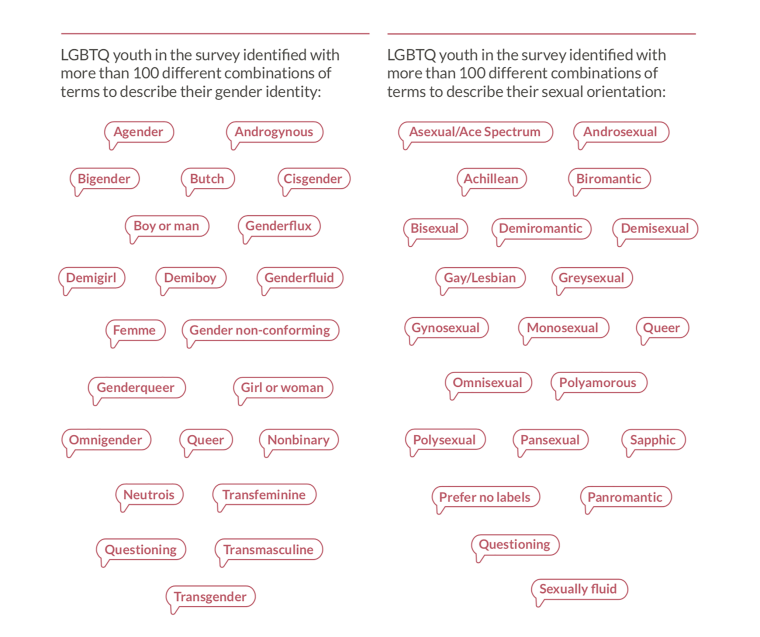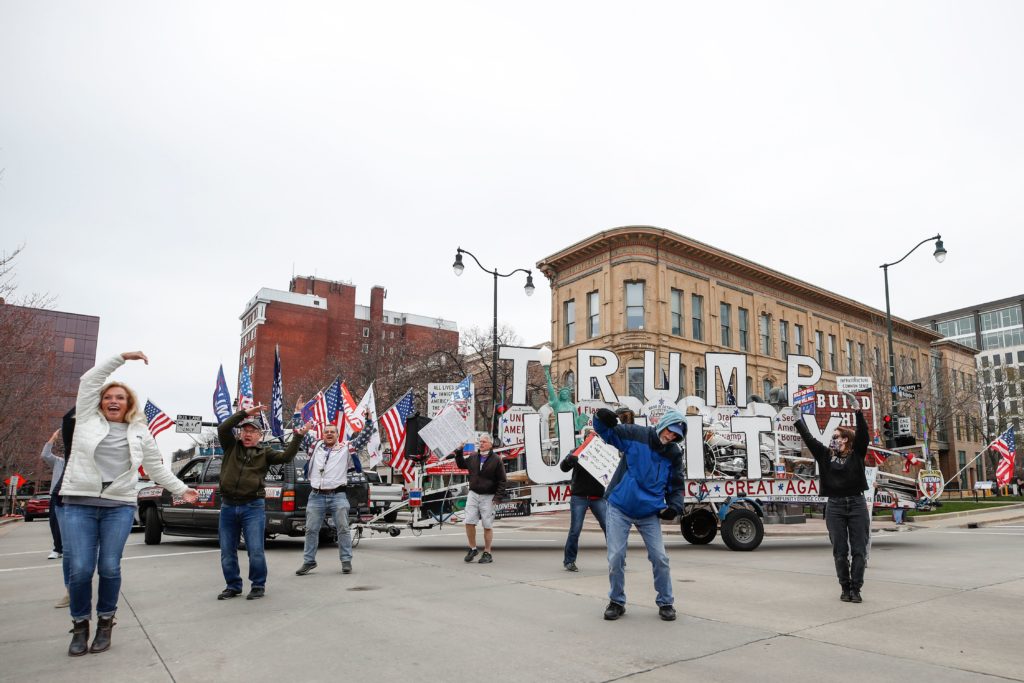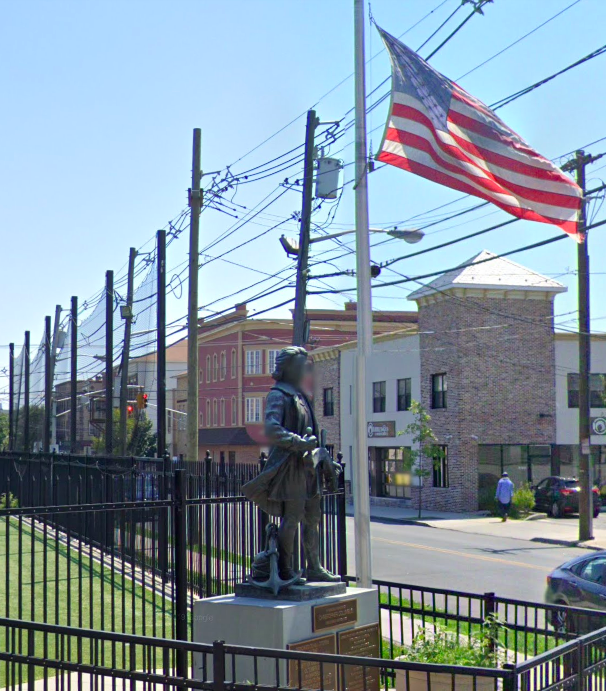40% of LGBTQ Youth ‘Seriously Considered’ Suicide in Past Year, Survey Finds
Two in 5 LGBTQ youth in the United States have “seriously considered” suicide in the past year, a sobering survey released Wednesday said, showing what one expert called the “devastating mental health consequences” of society’s failure to create a safer and more affirming environment for America’s queer youth.
The 2020 National Survey on LGBTQ Youth Mental Health by The Trevor Project, an LGBTQ youth crisis intervention and suicide prevention organization, paints a stark picture of pervasive mental distress among America’s lesbian, gay, bisexual, transgender and queer youth, with a majority reporting symptoms consistent with generalized anxiety disorder and major depressive disorder.
Related
Teen’s suicide highlights dangers of anti-gay bullying
The survey, the largest of its kind, polled 40,000 LGBTQ people between ages 13 and 24 and found that 68 percent of the respondents reported symptoms of generalized anxiety disorder, 55 percent reported symptoms of major depressive disorder and 48 percent reported engaging in self-harm. In addition, 40 percent say they have “seriously considered” attempting suicide in the past year.
In a clinical mental health setting, survey responses like these would lead to follow-up screenings, according to Amy Green, the study lead and director of research at The Trevor Project.
“Our physicians, pediatricians and mental health providers need to be screening youth,” she said, urging professionals to take a closer look at sexuality and gender issues in youth mental health settings.
Related
One in four pre-teen suicides may be LGBTQ youth
Dr. Jack Turban, a fellow in child and adolescent psychiatry at the Stanford University School of Medicine, where he researches the mental health of transgender youth, said the findings “highlight that our society has a long way to go to create a safer and more affirming environment for LGBTQ youth.”
“We once again see the devastating mental health consequences of our failures,” he said in an email.
As the survey’s own data show, many LGBTQ youth are not getting screened for the mental health issues they report. About half of the respondents say they want but could not get mental health care in the past year, with affordability the “strongest barrier to receiving mental health care.”
The risks associated with unmet mental health care needs are stark. Overall, suicide is the second leading cause of death for American adolescents, according to the Centers for Disease Control and Prevention, and LGBTQ youth are at a higher risk of suicide than straight and cisgender youth. Fifteen percent of the respondents attempted suicide in the past year, the survey found.
Related
Transgender advocacy group launches Spanish-speaking crisis hotline
“If we take a step back and look at minority stress model, that says that experiences of rejection, discrimination and victimization are the primary causal mechanisms that cause that ideation,” Green said, adding that it’s not who they are, “but how they are treated.”
In the survey, LGBTQ youth who reported facing greater rejection, violence and discrimination also reported higher rates of suicide attempts.
For transgender and nonbinary youth, having their identity and pronouns respected by “all or most” people was associated with a greatly reduced risk of a suicide attempt.
Even so, respect is still rare: Just 20 percent of trans and nonbinary youth said their gender identity is respected by “all or most” people in their lives.

Turban said rejection “takes an insidious toll and plants the seed for mental health problems.”
“We can’t underestimate the broad adverse health effects caused by societal discrimination against LGBTQ people, and youth in particular,” he said. “Things like rejection from family and conversion therapy lead to a range of adverse mental health problems by telling these young people that something they can’t change about themselves makes them ‘bad’ or ‘wrong.’”
Green said understanding that rejection can lead to worse mental health outcomes can also illuminate a path forward
While many LGBTQ youth face discrimination, the vast majority (86 percent) reported having a rock — at least one person who strongly supports them as an LGBTQ person — and those who have a rock also report lower rates of suicide attempts overall.
“The simple act of acceptance and letting kids express their identity can be incredibly powerful,” Green said.
If you or someone you know is in crisis, call the National Suicide Prevention Lifeline at 800-273-8255, text HOME to 741741 or visit SpeakingOfSuicide.com/resources for additional resources.
If you are an LGBTQ young person in crisis, feeling suicidal or in need of a safe and judgment-free place to talk, call the TrevorLifeline now at 1-866-488-7386.



